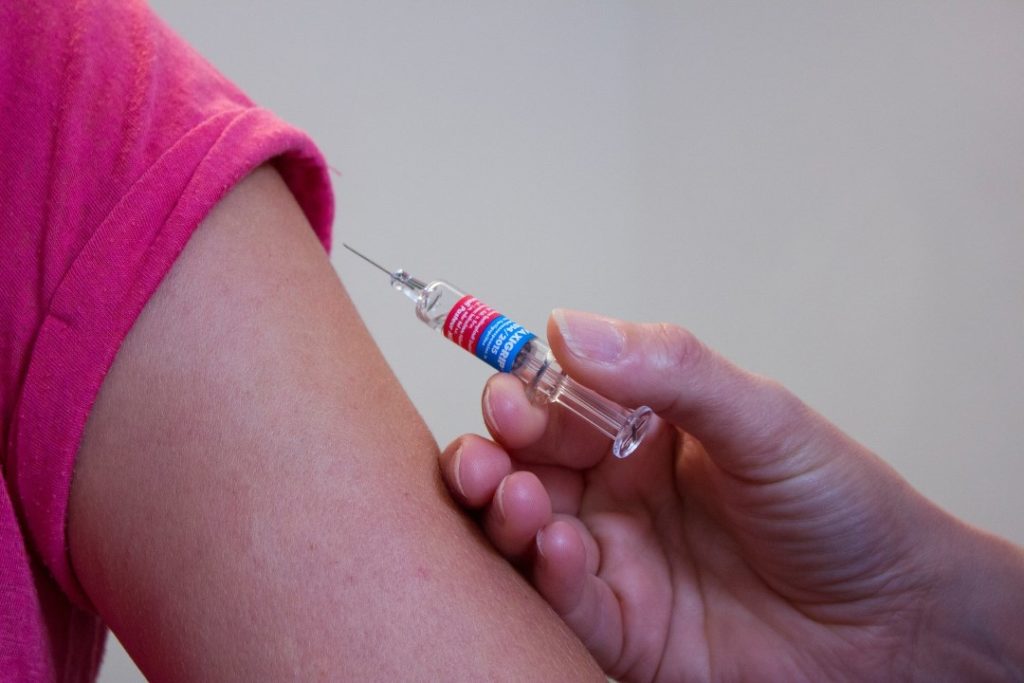
Contents
What is HPV vaccine?
Genital human papillomavirus (HPV) is the most common sexually transmitted virus. Most HPV infections don’t cause any symptoms, and go away on their own. But HPV is important mainly because it can cause cervical cancer in women. More than 50% of sexually active men and women are infected with HPV at some time in their lives. There is no treatment for HPV infection, but the conditions it causes can be treated. Men cannot develop cervical cancer, but the HPV vaccine may prevent genital warts, anal cancer, and the spread of HPV to sexual partners. Gardasil is approved for males ages 9 through 26 and Gardasil 9 is approved for use in males ages 9 through 15. HPV vaccine is an inactivated (not live) vaccine which protects against 4 major types of HPV. These include 2 types that cause about 70% of cervical cancer and 2 types that cause about 90% of genital warts. HPV vaccine can prevent most genital warts and most cases of cervical cancer. HPV vaccine is given intramuscular in the Deltoid region of the upper armHPV Immunization Schedule
HPV vaccine is recommended for girls and boys 11 or 12 years of age. It may be given starting at age 9. HPV vaccine is given as a 3-dose series:- 1st Dose: Now
- 2nd Dose: 1 months after Dose 1
- 3rd Dose: 6 months after Dose 1
Effectiveness
Protection from HPV vaccine is long-lasting. But vaccinated women still need cervical cancer screening because the vaccine does not protect against all HPV types that cause cervical cancer.Side Effects
Several mild to moderate problems are known to occur with this HPV vaccine. These do not last long and go away on their own. Reactions where the shot was given- Pain (about 9 people in 10)
- Redness or swelling (about 1 person in 2)
- Fever of 99.5 or higher degrees Fahrenheit (about 1 person in 8)
- Headache or fatigue (about 1 person in 2)
- Nausea, vomiting, diarrhea, or abdominal pain (about 1 person in 4)
- Muscle or joint pain (up to 1 person in 2)